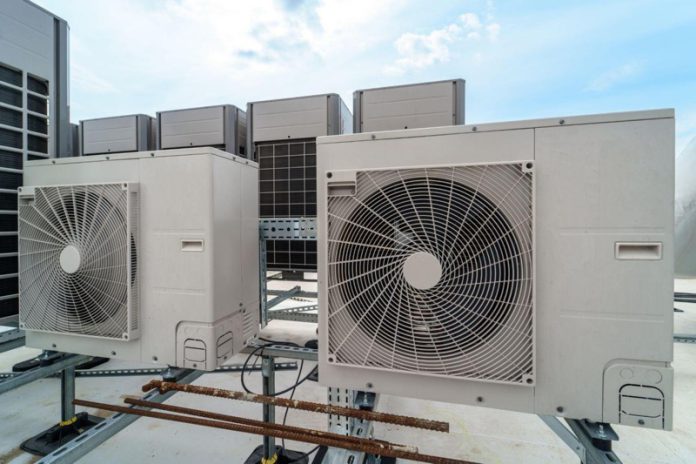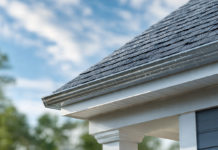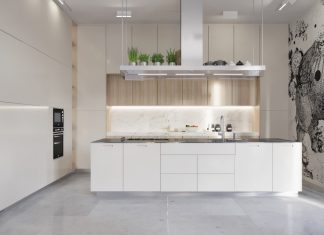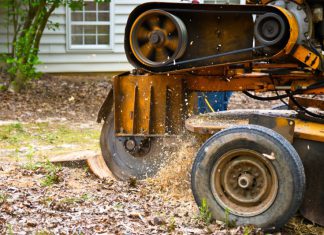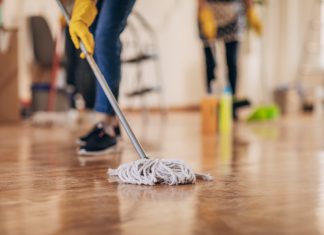In the ever-changing Australian climate, a reliable and durable air conditioning system is essential for maintaining a comfortable indoor environment throughout the year.
A well-functioning AC unit not only provides relief during hot summer days but also contributes to improved indoor air quality, overall well-being, and energy efficiency.
While purchasing and installing an air conditioning system is a significant investment, it’s crucial to understand that regular maintenance is the key to ensuring its longevity and optimal performance.
Durable and self-cleaning air conditioning systems are designed to withstand the rigours of continuous use while delivering consistent cooling and heating, saving you money and energy in the long run.
The Importance of Durability in Air Conditioning Systems
Durability in an air conditioning system is not just about its ability to function for an extended period; it also refers to its capacity to provide consistent performance and efficiency throughout its lifespan. Traditional air conditioning units are susceptible to wear and tear due to regular use, leading to inefficient cooling, breakdowns, and higher energy bills.
A durable air conditioning system, on the other hand, is built to withstand the demands of frequent use and extreme temperatures, ensuring reliable cooling and heating without frequent breakdowns. Just like a well-built car can handle long distances and rough roads with minimal maintenance, a durable air conditioning unit can keep up with the changing seasons, providing consistent comfort without the need for frequent repairs.
The Role of Self-Cleaning Technology in Air Conditioning Units
Self-cleaning technology is a game-changer in the world of air conditioning systems. As the name suggests, this innovative feature allows the unit to automatically clean its internal components without the need for manual intervention. By simply pressing a button, the air conditioning system initiates a self-cleaning process, utilising various mechanisms such as frosting, defrosting, and cold expansion to remove dirt, dust, and other pollutants that may have accumulated inside the unit.
Benefits of Self-Cleaning Air Conditioning Systems:
- Improved Indoor Air Quality: Self-cleaning air conditioning units effectively remove dust, mould, and bacteria from the system, reducing the amount of indoor air pollutants and improving the overall air quality within your living or working space.
- Efficient Performance: Dust and debris can clog air filters, hindering the air conditioning system’s performance and forcing it to work harder to cool or heat the space, resulting in increased energy consumption and higher electricity bills. Self-cleaning technology clears these blockages, ensuring efficient operation and reducing energy costs.
- Extended Lifespan: In traditional air conditioning units, internal components are susceptible to wear and tear due to moisture and dirt accumulation. Self-cleaning technology prevents this by regularly removing these contaminants, reducing the risk of internal damage and extending the overall lifespan of the unit.
- Reduced Maintenance Costs: While regular professional maintenance is still recommended, self-cleaning technology can significantly decrease the frequency and necessity of professional cleanings, saving you time and money on maintenance services.
How Self-Cleaning Technology Improves Air Conditioning System Durability?
Self-cleaning technology plays a crucial role in improving the durability of air conditioning systems. By regularly removing moisture, dirt, and other contaminants, self-cleaning units prevent the corrosion and wear and tear of internal components, reducing the likelihood of mechanical problems and ensuring optimal cooling and heating performance for an extended period.
Choosing the Right Self-Cleaning Air Conditioning System
When selecting a self-cleaning air conditioning system, it’s essential to consider the following factors:
- Self-Cleaning Features: Not all self-cleaning air conditioners operate in the same way. Some may use UV lights to kill germs, while others rely on drying out moisture to prevent mould growth. Choose a system with self-cleaning features that align with your specific needs and preferences.
- Energy Efficiency: Energy-efficient air conditioning units not only reduce your carbon footprint but also result in lower electricity bills. Look for units with high energy efficiency ratings or those that utilise the R32 refrigerant, known for its energy-saving properties.
- Unit Capacity: selecting the correct size air conditioning unit for your living or working space is crucial. An undersized unit will struggle to cool or heat the area effectively, while an oversized unit will consume excessive energy and potentially lead to uneven temperature distribution. Consult with a professional or use online calculators to determine the appropriate unit capacity for your needs.
- Quality vs. Price: While cost is an important consideration, it’s essential to prioritise quality when investing in a self-cleaning air conditioning system. Higher-quality units with advanced self-cleaning features may have a higher upfront cost but can save you money in the long run through reduced maintenance and energy costs.
- Reviews and Recommendations: Before making a purchase, research online reviews and seek recommendations from friends, family, or professionals to gain insights into the performance and reliability of different air conditioning systems.
Final Thoughts
Durability and self-cleaning technology go hand-in-hand in ensuring that your air conditioning system can provide lasting comfort and efficiency without the need for constant repairs or energy waste. A durable unit ensures efficient cooling and heating over an extended period, while self-cleaning technology keeps the air fresh and the system running smoothly.
By investing in a high-quality, durable, and self-cleaning air conditioning system, you are not only prioritising your comfort and well-being but also contributing to long-term cost savings and environmental sustainability. Make the smart choice for a happier, healthier, and more energy-efficient home or workspace.
